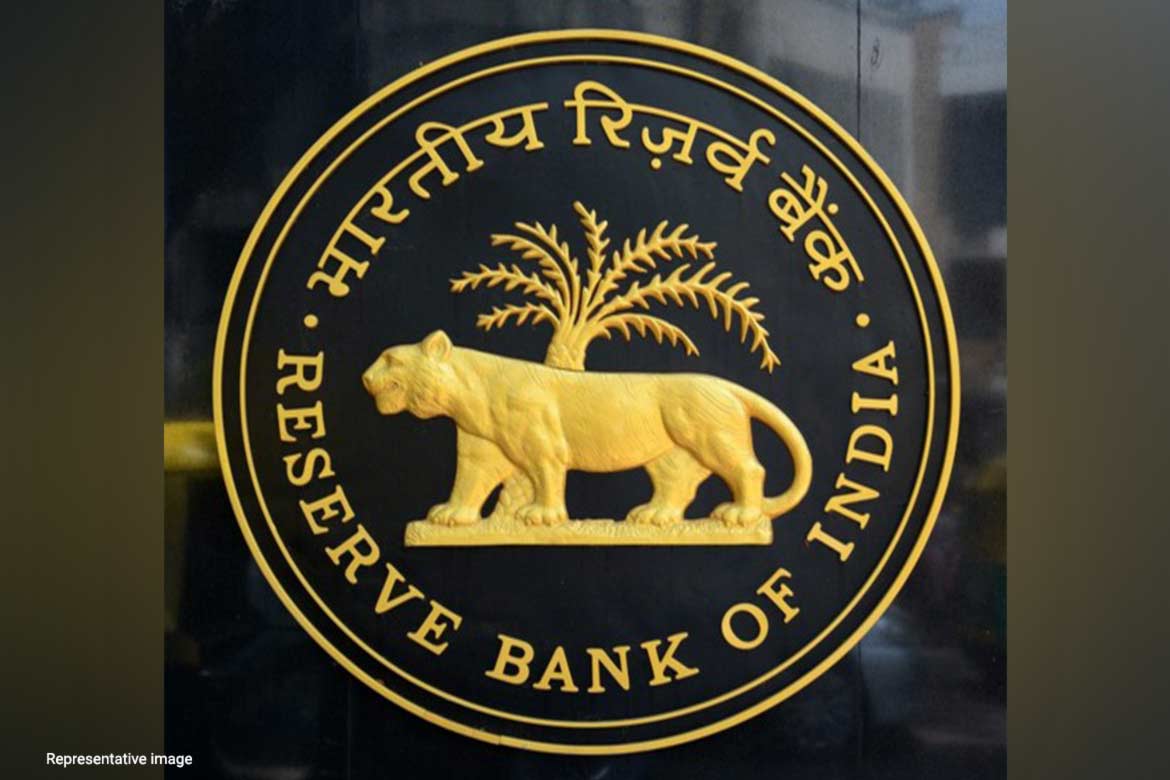In a recent development, The Reserve Bank of India has accepted 21 out of 33 recommendations made by an Internal Working Group on the ownership and corporate structure of private sector banks. The Reserve Bank gave a blow to the hopes of opening banks of big corporate houses. While making the report of the internal working committee public, RBI said that the recommendation of opening banks of big corporate houses and industries has not been considered. Let’s have a look at major accepted recommendations, which will further set the banking future of the country.
- The Reserve Bank has remained silent on the entry of the industry house in the commercial banking business. With this, the dream of starting a banking business of giants like Tata and Reliance got dashed. Business houses in India have been wanting to enter the commercial banking business for a long time. This has been criticized by many former bankers and politicians. RBI has rejected the proposal of the industrial house to run a commercial bank. Even after this, the Reserve Bank of India has said that 12 such proposals are also under consideration.
- Reserve Bank of India has doubled the minimum capital requirement for universal banks to Rs. 1000 crore from Rs. 500 crores.
- Universal banks shall continue to get listed within six years of commencement of operations.
- The minimum capital requirement for Small Finance Banks has been increased to Rs 300 crore from Rs 200 crore. Those Urban Cooperative Banks that are transitioning into SFBs, their net worth mustn’t be less than Rs 150 crore from the earlier Rs 100 crore limit, which has to be increased to Rs 300 crore in five years from the present Rs 200 crore requirement.

- The minimum period for a converting Non-banking Finance Company (NBFC) into a universal bank is to remain at 10 years and five years for SFBs.
- Along with this, the promoters’ stake in the bank has been allowed to keep up to 26 per cent. If we talk about a longer period like 15 years, then the promoter’s stake in the bank can be increased from the current 15 percent to 26 percent. Paid-up voting equity share capital can be used for this.
- Banks whose promoters have already reduced their holding to below 26 per cent cannot now bring it back to 26 per cent with the help of the bank’s paid voting equity share capital. The banking regulator has said that promoters can keep their stake below 26 per cent.
- The Reserve Bank of India has also put on hold the proposal to convert the Payments Bank into a Small Finance Bank in 3 years. Due to this, the dream of the commercial banking business of companies like Paytm Payments Bank has been shattered.
- The Reserve Bank has said that now it is going to tighten the rules for NBFCs as well. NBFCs will also now have to follow the same rules as ordinary banks. Converting Payment Bank to SFB after three years.
- RBI also said that Non-Operative Financial Holding Company (NOFHC) should be the preferred structure for all new licenses to be issued for Universal Banks. However, a NOFHC is compulsory only in cases where the individual promoter/promoting entities/converting entities have other group outfits. Otherwise, NOFHC can exit the banking structure.
- On the lock-in period for promoters’ initial shareholding, no change may be required in the extant instructions related to initial lock-in requirements, which may continue as a minimum 40% of the paid-up voting equity share capital of the bank for the first five years.
- The RBI has also accepted the recommendation to disallow the pledge of promoter shares during the lock-in period.
Also read: What Is Standing Instruction In Banking? How It Can Make Our Payments Timely And Easy?
